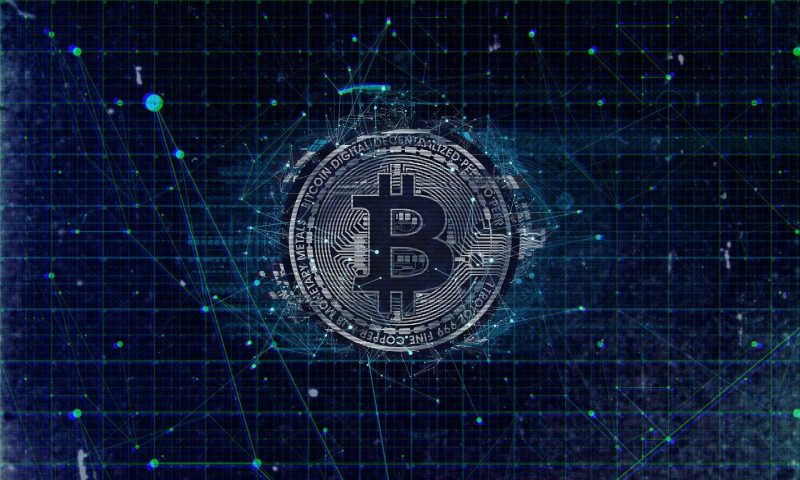Image Source: Pixabay
Bitcoin Core developer Luke Dashjr has proposed a bug fix to potentially alleviate the network congestion caused by new Ordinals and BRC-20 tokens.
In a recent post on X (formerly Twitter), Dashjr claimed that these tokens are taking advantage of a vulnerability within the Bitcoin Core code, resulting in an influx of transactions that “spam the blockchain.”
PSA: “Inscriptions” are exploiting a vulnerability in #Bitcoin Core to spam the blockchain. Bitcoin Core has, since 2013, allowed users to set a limit on the size of extra data in transactions they relay or mine (`-datacarriersize`). By obfuscating their data as program code,…
— Luke Dashjr (@LukeDashjr) December 6, 2023
Dashjr explained that the Bitcoin Core code has featured the ability for users to set limits on the size of additional data in transactions since 2013.
However, by disguising their data as program code, inscriptions used by Ordinals and BRC-20 creators can bypass this limit.
The bug allowing inscriptions to surpass the data size limit has recently been addressed in the latest update to Bitcoin Knots, a Bitcoin Core derivative that incorporates features backported from the core code.
No More Ordinals or BRC-20 Tokens
Responding to a question on social media regarding the future of Ordinals and BRC-20 tokens once the vulnerability is fixed, Dashjr confirmed that these tokens would no longer be viable.
However, existing inscriptions would remain intact.
He expressed concern that the vulnerability persists in the upcoming v26 release of Bitcoin Core, hoping that it would be resolved before the v27 release next year.
Ocean, a decentralized mining protocol where Dashjr serves as the chief technology officer, also acknowledged the significance of the Bitcoin Knots upgrade.
In a statement on social media, Ocean emphasized that the upgrade would rectify a long-standing vulnerability exploited by modern spammers.
As a result, the protocol anticipates including more genuine transactions in its blocks and considers Ordinals inscriptions as a form of denial-of-service attack on the Bitcoin (BTC) network.
We are happy to announce testing of Bitcoin Knots v25.1 has completed successfully, and is now deployed to production. Among other improvements, this upgrade fixes this long-standing vulnerability exploited by modern spammers. As a result, our blocks will now include many more… https://t.co/II3y0B6Pu4
— OCEAN (@ocean_mining) December 6, 2023
Dashjr Remains Big Critic of Ordinals
Dashjr has been a vocal critic of Ordinals inscriptions, asserting that the damage caused to Bitcoin and its users, including future users, is substantial and irreversible.
He claimed that Ordinals were never authorized and have been an attack on Bitcoin since their inception.
The Ordinals protocol, developed by Casey Rodarmor in January 2023, allows users to engrave data and non-fungible tokens onto satoshis, the smallest unit of Bitcoin.
In recent days, the Bitcoin network has experienced heightened congestion due to the influx of inscriptions and the minting of BRC-20 tokens.
With over 275,000 unconfirmed transactions, the network is grappling with increased congestion and rising medium-priority transaction costs, which have surged from approximately $1.50 to around $14, according to data from mempool.space.
It is worth noting that Ordinals sparked some controversy within the community in the very early days.
Bitcoin purists have been critical of the Ordinals project, arguing that it could price out the actual financial activity and thus damage Bitcoin’s image as a reliable P2P payments network.
On the other hand, supporters of the protocol have claimed that it can attract more people and extend the Bitcoin network’s use cases.
The post Developer Says Ordinals Are Exploiting a “Vulnerability” to Spam Bitcoin Network, Proposes Bug Fix appeared first on Cryptonews.






